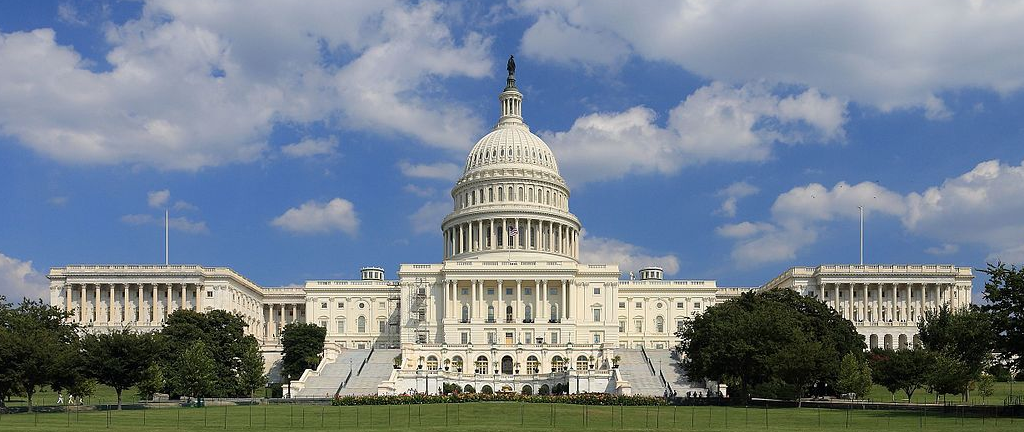When the initial House and Senate versions of tax reform were made public, the solar industry breathed a collective sigh of relief.
Despite the Trump Administration’s preference for fossil fuels and nuclear power, there appeared to be no provisions to change the step-down of the U.S. solar Investment Tax Credit (ITC) for solar substantially, at least until 2027.
It turns out that the devil was again in the details. Buried in the Senate tax bill is a provision called Base Erosion Anti-Abuse Tax (BEAT), which renewable energy trade organizations are warning could render impractical monetization of the ITC and wind's Production Tax Credit (PTC), which would have a “devastating impact on wind and solar energy investment and deployment.”
According to a letter by Solar Energy Industries Association (SEIA), American Council on Renewable Energy (ACORE), American Wind Energy Association and Citizens for Responsible Energy Solutions, the ITC and PTC would be subject to a new 100% tax for multi-national corporations covered under the BEAT provisions.
“Not surprisingly, major financial institutions have indicated that, under such a regime, they would no longer participate in tax equity financing, the principle mechanism for monetizing credits,” reads the letter. “The tax equity marketplace would collapse under these provisions, leading to a dramatic reduction in wind and solar energy investment and development.”
Retroactive
But it actually gets worse. The organizations note that the BEAT provisions would apply retroactively to tax credits on operating as well as new projects, thus punishing companies that have relied on the tax code. “Companies holding tax credits would do their best to sell them immediately, even at great discounts, a phenomenon that would flood the marketplace and further damage tax equity markets,” the letter adds.
The four organizations note that research and development tax credits are currently exempt from provisions in the current draft and are calling on the U.S. Senate to ask that the BEAT program be amended to exempt the PTC and the ITC.
There is little time to spare. The tax bill could come to a full Senate vote as early as tomorrow, November 30, following a 12-11 vote on the bill in the Senate Budget Committee, which predictably fell upon party lines.
For more information, an analysis of the effect of the BEAT provision on tax equity is provided by law firm Norton Rose Fulbright.
Read the full letter here:
This content is protected by copyright and may not be reused. If you want to cooperate with us and would like to reuse some of our content, please contact: editors@pv-magazine.com.



1 comment
By submitting this form you agree to pv magazine using your data for the purposes of publishing your comment.
Your personal data will only be disclosed or otherwise transmitted to third parties for the purposes of spam filtering or if this is necessary for technical maintenance of the website. Any other transfer to third parties will not take place unless this is justified on the basis of applicable data protection regulations or if pv magazine is legally obliged to do so.
You may revoke this consent at any time with effect for the future, in which case your personal data will be deleted immediately. Otherwise, your data will be deleted if pv magazine has processed your request or the purpose of data storage is fulfilled.
Further information on data privacy can be found in our Data Protection Policy.